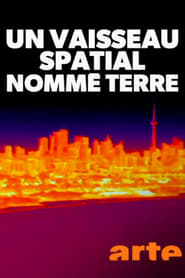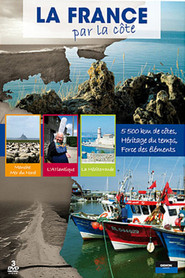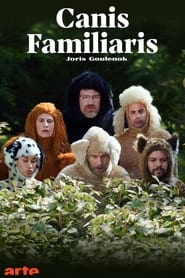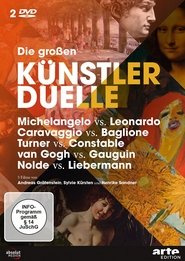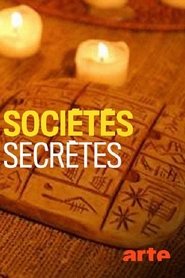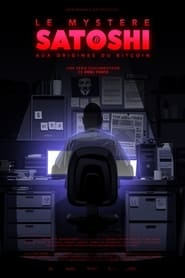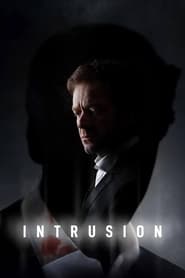Arte TV Series - Page 8
-
Brothers at War
2020
star 8A look back at a cruel conflict, the Franco-Prussian War (1870-71), which changed the political geography of Europe and sowed the seeds of a deep antagonism between France and Germany that culminated in two world wars. Excerpts from the diaries of the witnesses, photographs and painted panoramas tell the truth about a forgotten war. -
Match Day
2015
star 5.7A quiet community is devastated by the murder of a teenage supporter during a local football match. -
Wilde Schweiz
2022
Wilde Schweiz
2022
-
Berlin 1945
2020
star 5.5Life in Berlin in 1945 before, during and after the battle of Berlin seen through the eyes of those who were there at the time from common Berliners to Allied troops. -
Steffens entdeckt
2009
Steffens entdeckt
2009
-
Secret Societies - Myths and Realities of a Parallel World
2013
star 7Secret societies play a far larger role in our everyday lives than we are aware of. Historian Dr Marian Füssel searches for clues surrounding history’s most famous secret societies and conspiracy theories. -
Satoshi - The Story of Bitcoin
2021
star 8.3At the beginning of 2009, in the midst of the financial crisis, "Satoshi Nakamoto" put Bitcoin into circulation. He created the first decentralised and reliable cryptocurrency. In 2011 he disappeared. The Mystery of Satoshi tells the exciting history of Bitcoin and blockchain technology, from the perspective of its mysterious creator. -
Städte am Meer
2015
Städte am Meer
2015
The documentary series portrays cities that are characterized by their maritime location and have always been closely connected with the spirit of discovery. -
Intrusion
2015
star 6.7Renowned pianist Philippe Kessler is preparing for an important recital. But recently, sounds and images seem deformed around him, as if one reality was superimposed on another. Worrying that he is going mad, he gradually withdraws into himself. The evening of the recital, he collapses at his piano... -
Signé Chanel
2005
Signé Chanel
2005
This acclaimed five-part miniseries by Loïc Prigent is an affectionate portrait of the fascinating world of haute couture, with its esoteric age-old skills and tense, secretive atmosphere. -
Fashion !
2012
star 73 decades told via the careers of emblematic designers, combining major historical events with minor happenings, anecdotes with fate and fortune, and pop nuggets with collective drama. The collection looks back over 3 decades of fashion (from 1980 to date), from the carefree emergence of the star-designer of the 1980s, to the arrival on the market of the major luxury groups and the toughening-up of the system.
